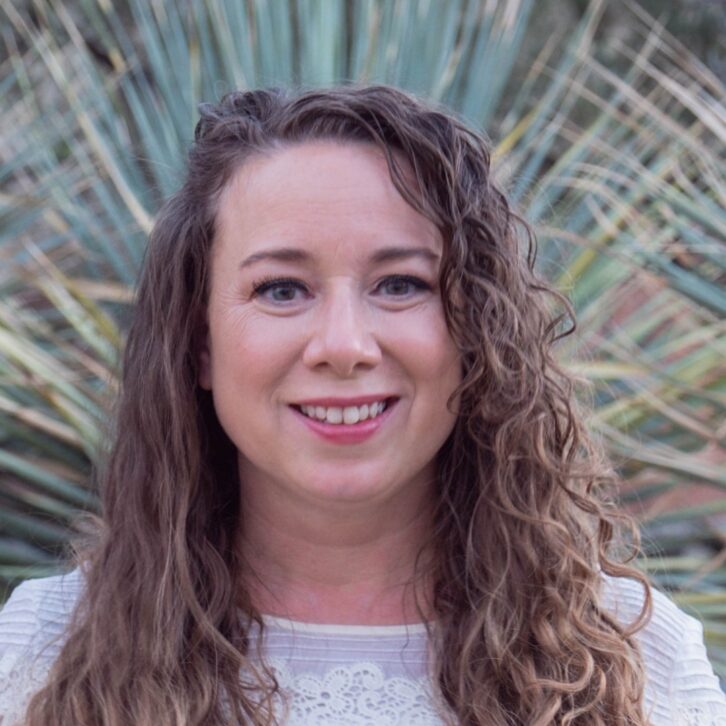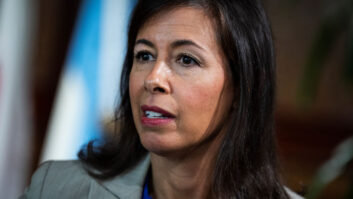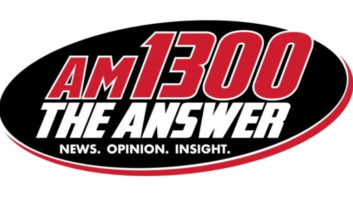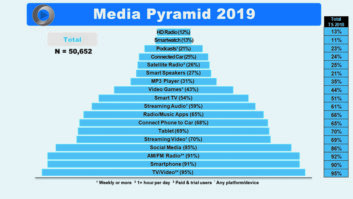Radio World’s “Guest Commentaries” section provides a platform for industry thought leaders and other readers to share their perspective on radio news, technological trends and more. If you’d like to contribute a commentary, or reply to an already published piece, send a submission to [email protected].
The author is program director of the National Federation of Community Broadcasters. NFCB commentaries are featured regularly at Radio World.

Autumn is upon us, and it’s a busy time for community radio. Community stations are busily preparing budgets, executing membership drives and other fundraising events and preparing for end-of-year tasks, not to mention navigating the day-to-day station operations. Additionally, there are some important deadlines and requirements on the calendar from the FCC. Now is the time for stations to make a plan and get the job done.
First, there will be a national test of the Emergency Alert System. The test was announced earlier this summer and includes four important dates for stations:
- Sept. 15, 2023 is the deadline to update ETRS Form One
- Oct. 4, 2023 is the EAS testing day
- Oct 5, 2023 is the deadline to file ETRS Form Two
- Nov. 20, 2023 is the deadline to file ETRS Form Three
Another deadline involving the EAS is coming up. As you may know, the FCC announced upgrade requirements for both radio and television to the EAS messaging system which will take place in three phases over five years. The first phase addresses accessibility and language for EAS messaging with a deadline of Dec. 12, 2023.
[Related: “EAS Rules Modifications Put Broadcasters on the Clock to Comply“]
For some community radio stations, it could mean updating existing equipment (depending on the age of the devices) and can vary by manufacturer. It could also mean possible infrastructure changes down the road. Not to mention, making a fundraising plan for the full three-phase process.
Lastly, the LPFM window opening in November has sparked a filing freeze for LPFM and FM translators beginning Sept. 1 for minor modification applications until November 8, 2023, which could delay other projects a station might be in the process of executing.
Much of this is routine; however, it can be challenging for smaller stations to keep up. Many community media stations are lean mean operating machines, often with small teams and limited resources. They have to be savvy about how resources are allocated, including staff and volunteer time. NFCB hears from community stations firsthand how working on slim margins often means maintaining, using and recycling what’s already there — piecing things together and possessing the clever aptitude needed to do so. Unexpected natural disasters, weather emergencies and public safety events have pushed stations to make budgetary considerations that may not have been in their long-term plans.
The FCC, admittedly, has a tough job before them — propose and enforce rulemaking that serves the American public and protects citizens and infrastructure. These rules and requirements must be accessible to all public media, not just stations with larger coffers.
There can, and must, be room to consider these small stations in FCC decision-making.
When the commission makes new rules and requirements, some factors the commission should consider include reasonable timelines set forth for meeting requirements, the financial impact on community stations and the support (or lack thereof) of existing infrastructure to meet the requirements.
For example, one proposed rule which is making its way through the FCC decision process would require stations to take responsibility for cybersecurity and protections against hackers. Some rural communities are still operating on 3G. Some face geographical and topographical challenges. Many don’t have the proximity to engineers and consultants that urban centers do. When stations are already doing so much, imposing something like this could be disastrous for some of the smallest stations producing some of the most hyperlocal content in the system.
Community media doesn’t expect to be free of FCC regulation; however, it’s important that the FCC take the unique challenges and needs of community stations into consideration to maintain a stronger and more reliable public service.












